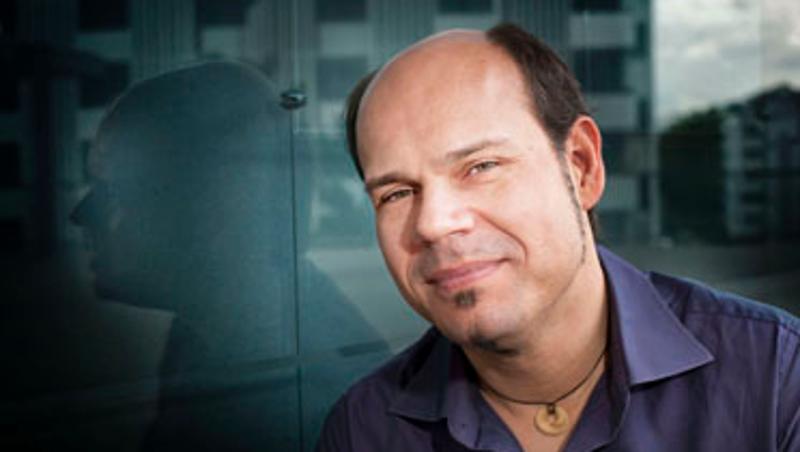
Social media are a double-edged sword for campaigning politicians, warns one of Australia's top media researchers.
In fact, social media are more likely to hinder than help a campaign when politicians write a bad tweet or Facebook post, said Associate Professor Axel Bruns of QUT's ARC Centre of Excellence for Creative Industries and Innovation (CCI).
Professor Bruns' research team is tracking the performance of current federal MPs, election candidates and their parties on Twitter.
The team found the social media platform is allowing politicians to circumvent mainstream media to publish their messages to an audience that has explicitly chosen to 'follow' or 'friend' them.
But there's a risk.
"Using social media is more likely to put politicians at a disadvantage if they make bad mistakes, which can quickly turn into major issues, especially once they're picked up by mainstream media," Professor Bruns said.
"So the penalties for a badly conceived tweet or post may be greater than the benefits of a good one."
Leading in social media metrics does not always translate into more support for a politician, Professor Bruns said.
Prime Minister Kevin Rudd currently has around 1.38 million Twitter followers compared to Opposition leader Tony Abbott's 177,000.
Since the start of July, Rudd has been winning the @mention war, with almost 200,000 compared to Abbott's 126,000.
"Despite Rudd's lead in social media, he's trailing in the polls," Professor Bruns said.
"So he may be talked about more often than Abbott is on Twitter, but the tweets that mention him may have expressed disapproval as much as support for him.
"And the tide is turning: during week two of the campaign, Abbott received 5,000 more @mentions than Rudd.
"As opinion polls predict a Coalition government and after Abbott's controversial statements about same-sex marriage, Twitter scrutiny of the Opposition leader may be on the increase."
Professor Bruns said the Coalition is less active on Twitter than Rudd and Labor because the Coalition is leading in the polls.
"Unless Labor starts to gain points in the polls, the Coalition is more interested in avoiding mistakes than 'making new friends' on social media," he said.
"As Labor is behind, they do not have this luxury. The party needs to use any type of media to reach as many people as they can, especially those who haven't made up their minds, which can be a significant number.
"In this case, Twitter and Facebook can be very useful in helping Labor spread its views, policies and ideas to the 'undecided' group, so the politicians are doing as much as they can.
"Whether this will be enough to attract more voters, we'll find out after the election."
CCI is publishing its election analysis at mappingonlinepublics.net throughout the campaign.
More information:
- Associate Professor Axel Bruns, CCI at QUT, ph +61 (0)7 3138 5548 or 0421 581 568
- Todd Bennet, manager CCI, ph +61 7 3138 3889
- Kate Haggman, QUT Media 3138 0358 kate.haggman@qut.edu.au
CCI is helping to build a creative Australia through cutting-edge research spanning the creative industries, media and communications, arts, cultural studies, law, information technology, education and business. It is funded by the Australian Research Council (ARC). Additional funding for a major cross-national study of the use of social media in the Australian, German, and Norwegian elections in September is provided by the Norwegian Research Council and an ATN-DAAD grant.




